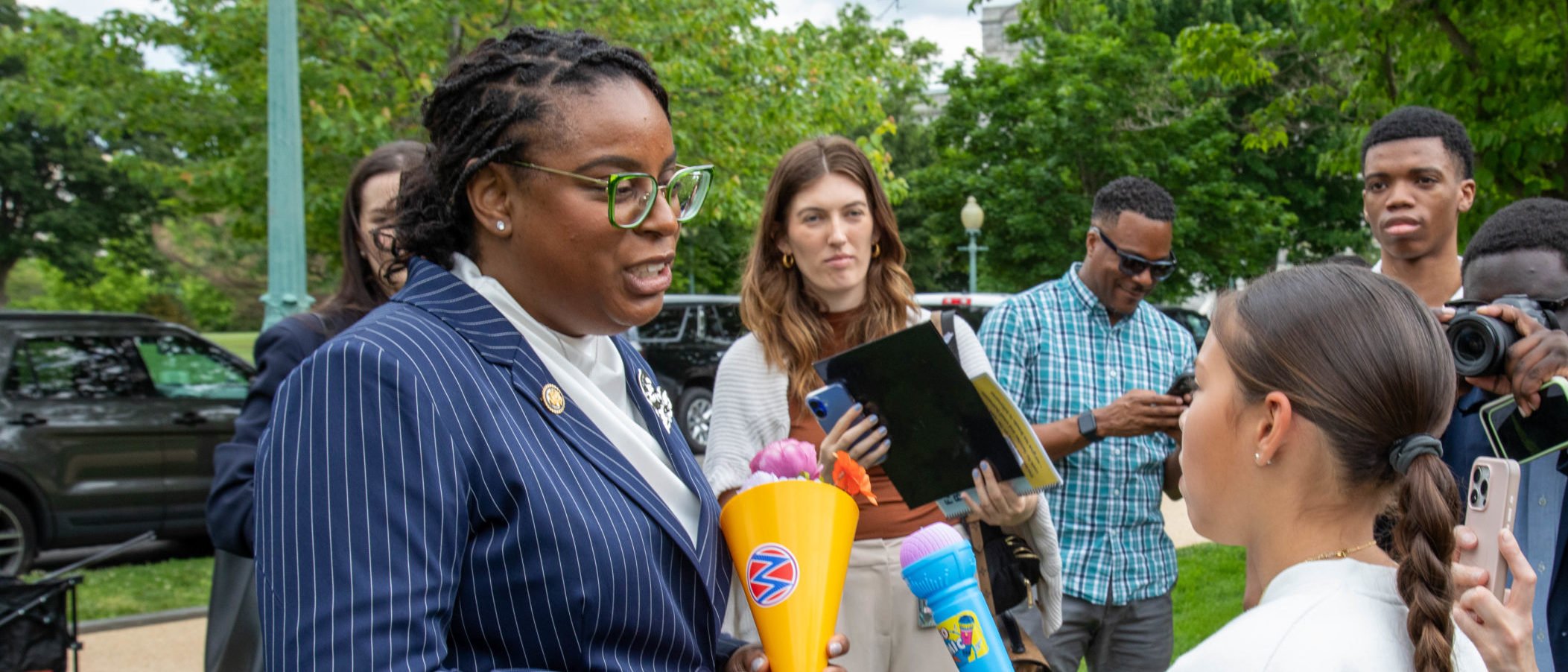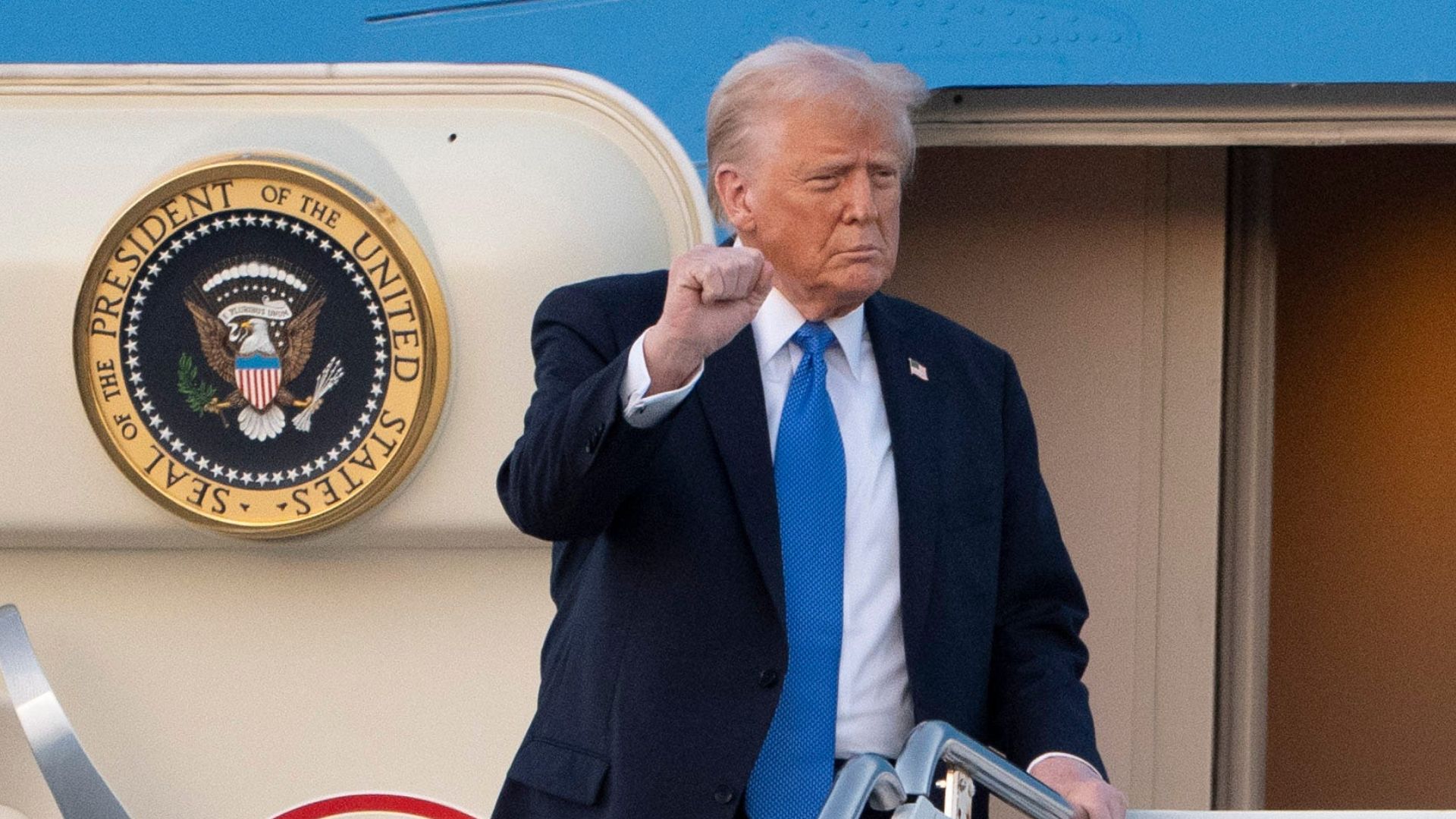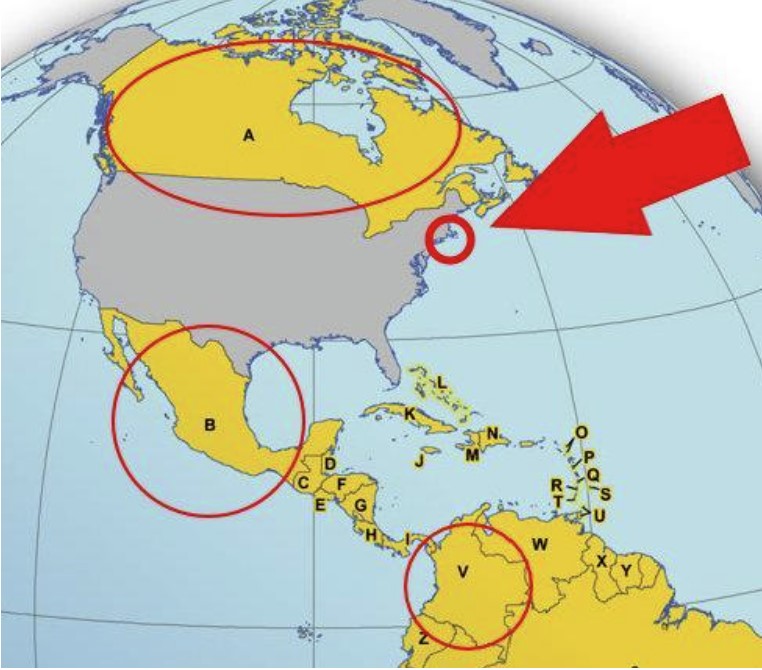Authorities have charged Democratic New Jersey Rep. LaMonica McIver with several federal offenses, alleging she obstructed immigration officers during a confrontation outside a New Jersey detention center. Acting U.S. Attorney for New Jersey Alina Habba announced that McIver faces a three-count indictment for allegedly interfering with federal law enforcement officers during a May 9 incident outside Delaney Hall in Newark. McIver is accused of attempting to disrupt operations at the detention center under the pretense of a congressional oversight visit.
Habba emphasized her unwavering commitment to protecting federal law enforcement officers during the execution of their duties. She stated, “While people are free to express their views for or against particular policies, they must not do so in a manner that endangers law enforcement and the communities those officers serve.” The federal grand jury in Newark returned the indictment, which carries potential prison sentences of up to eight years for Counts One and Two, and up to one year for Count Three.
McIver, however, has strongly refuted the allegations, asserting that the charges are politically motivated. In a statement reported by NBC News, she claimed, “The facts of this case will prove I was simply doing my job and will expose these proceedings for what they are: a brazen attempt at political intimidation.” McIver further alleged that the indictment is an effort by the Trump administration to deflect accountability for the “chaos ICE caused.”
The political fallout surrounding McIver’s indictment has been significant, with reactions being sharply divided along party lines. Conservative commentators have pointed to the indictment as evidence of the growing lawlessness within the Democratic ranks. Meanwhile, McIver’s supporters argue that her actions were a legitimate exercise of her congressional duties.
Habba had previously announced the charges against McIver in May, alongside the dismissal of a separate misdemeanor trespassing charge against Democratic Newark Mayor Ras Baraka. Baraka, who also protested at the facility, was invited to tour Delaney Hall under Habba’s supervision. This gesture was seen by some as an attempt to de-escalate tensions while still maintaining law enforcement authority.
Baraka’s arrest occurred after he attempted to join Democratic New Jersey Reps. Robert Menendez, Bonnie Watson Coleman, and McIver for a scheduled tour of the Delaney Hall immigrant detention facility. ICE officers blocked his entry, leading to a heated exchange that eyewitnesses and video footage later documented. The incident underscored the contentious nature of immigration enforcement policies in the state.
The broader implications of McIver’s indictment have sparked debate over the role of elected officials in challenging federal policies. Critics argue that McIver overstepped her bounds, while supporters contend that her actions were within her rights as a representative. This incident highlights the ongoing tensions between state and federal authorities regarding immigration enforcement.
The political landscape in New Jersey remains tumultuous as McIver’s legal battle unfolds. Her case serves as a microcosm of the larger national debate over immigration policies and the extent of congressional oversight. With potential prison sentences looming, the stakes are high for McIver as she fights to clear her name.
As the legal proceedings continue, the spotlight remains on McIver and her fellow Democratic representatives. Their actions and the subsequent legal responses offer insight into the challenges of balancing advocacy and legal constraints. This case may set a precedent for future interactions between lawmakers and federal agencies.
The outcome of McIver’s case could influence the approach of other lawmakers in dealing with contentious federal policies. Observers are closely watching to see how the judicial system will handle the allegations against her. The case underscores the need for clarity in the roles and responsibilities of elected officials when engaging with federal agencies.
In the midst of this legal drama, the public’s attention is also drawn to the broader issues surrounding immigration policy. The intersection of politics and law enforcement continues to be a contentious arena, with strong opinions on all sides. This case highlights the complexities and challenges inherent in navigating these issues.
As the story develops, it remains a topic of significant interest for both political analysts and the general public. The resolution of McIver’s case could have lasting implications for the political and legal landscape. With each new development, the narrative surrounding this incident evolves, reflecting the dynamic nature of political discourse.
While McIver’s future remains uncertain, the impact of her case on political and legal institutions is undeniable. The proceedings serve as a reminder of the delicate balance between advocacy and legality. As the judicial process unfolds, the nation watches closely, anticipating the implications for future interactions between lawmakers and law enforcement.
The unfolding events also prompt reflection on the broader political dynamics at play. With varying interpretations of McIver’s actions, the situation underscores the deeply entrenched divisions within American politics. The resolution of this case may offer lessons for navigating these complex and often contentious issues.
As the legal system addresses the charges against McIver, the narrative continues to capture the attention of the public. The case serves as a focal point for discussions on the appropriate exercise of congressional authority. The outcome may shape future interactions between elected officials and federal agencies in the context of immigration enforcement.
In conclusion, the indictment of LaMonica McIver is emblematic of the ongoing tensions surrounding immigration policy and enforcement. The case presents a multifaceted challenge for the legal system and the political arena. As developments continue, the implications for lawmakers and law enforcement will undoubtedly resonate beyond New Jersey’s borders.




WTF IS THE ARREST???